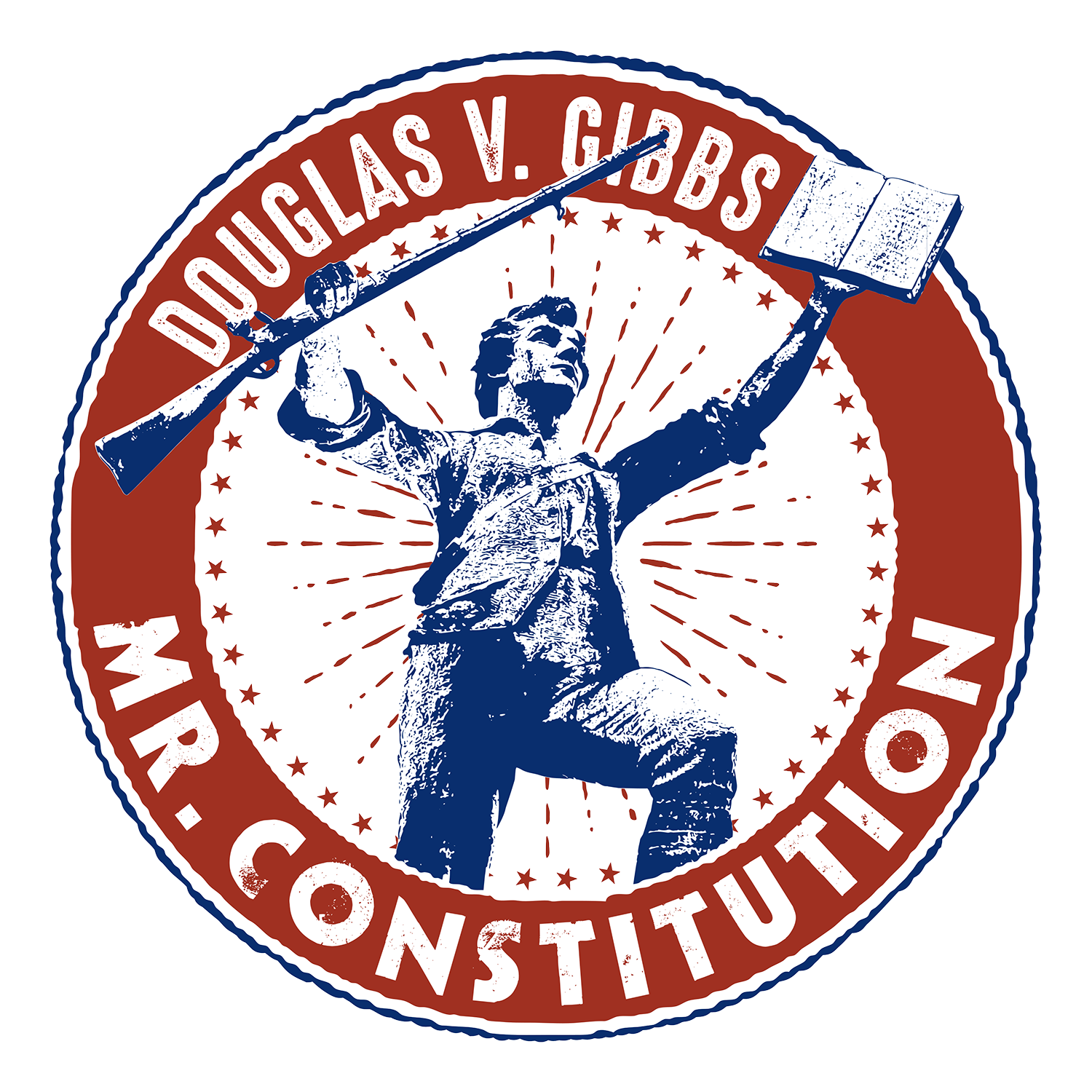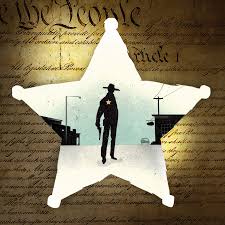Douglas V. Gibbs
Author, Speaker, Instructor, Radio Host
There are 3,081 County Sheriffs across America. Three States do not have County Sheriffs; Alaska, Connecticut, and Hawaii. Alaska has no county governments, Connecticut has replaced Sheriffs with a State Marshal System, and in Hawaii, while there are no County Sheriffs, they do have Deputy Sheriffs which serve in the Sheriff’s Division of the Hawaii Department of Public Safety.(Source)
While the legislature may impose additional duties upon the sheriff, where he is recognized as a constitutional officer, it cannot restrict or reduce his powers as allowed by the State Constitution, or as they were recognized by the people when the U.S. or State Constitutions were adopted.
During the founding of the United States everyone clearly understood the duties, responsibilities and authorities of Sheriffs, therefore it was not necessary to include a lengthy enumeration of their duties in the U.S. Constitution, or the State Constitutions. The office of the Sheriff dates back to about 500 AD in England and existed in the colonies in America from the time they were created. The constitutional offices of Sheriffs, Coroners, and Constables were clearly established in the State Constitutions of that time, and continue to this day.
What this all means is that the County Sheriff is the highest, elected constitutional authority in the county, therefore not only is it the Sheriff’s obligation to protect the natural rights of the county’s citizens, but that any outside agency, if they are to operate within a Sheriff’s jurisdiction, must seek approval from the County Sheriff, first.
In this time of expanding governments, and unchecked powers by executives and members of judiciaries, there has been a force in place unlawfully working to eliminate, or at least minimize, the Office of the Sheriff and/or their duties, responsibilities and authorities since the American War Between the States. These attempts are null and void, for those agencies do not have such an authority.
If a federal agency operates in a county, conducting raids against a business owner or a private citizen, the conclusion is that either (A) the County Sheriff gave this agency permission to search and seize within the Sheriff’s jurisdiction, or (B) the agency acted without the Sheriff’s permission, creating a constitutional crisis which obligates the County Sheriff to arrest the members of the federal agency that conducted the raid inside the Sheriff’s county.
In this age of a federal government expanding its reach unconstitutionally into domestic realms, it is appropriate and vital that the County Sheriffs defend their counties taking appropriate action which may include, and perhaps even extend beyond, the local arrest of any offending federal officials, agents, officers, or politicians, for operating beyond their constitutional authorities.




